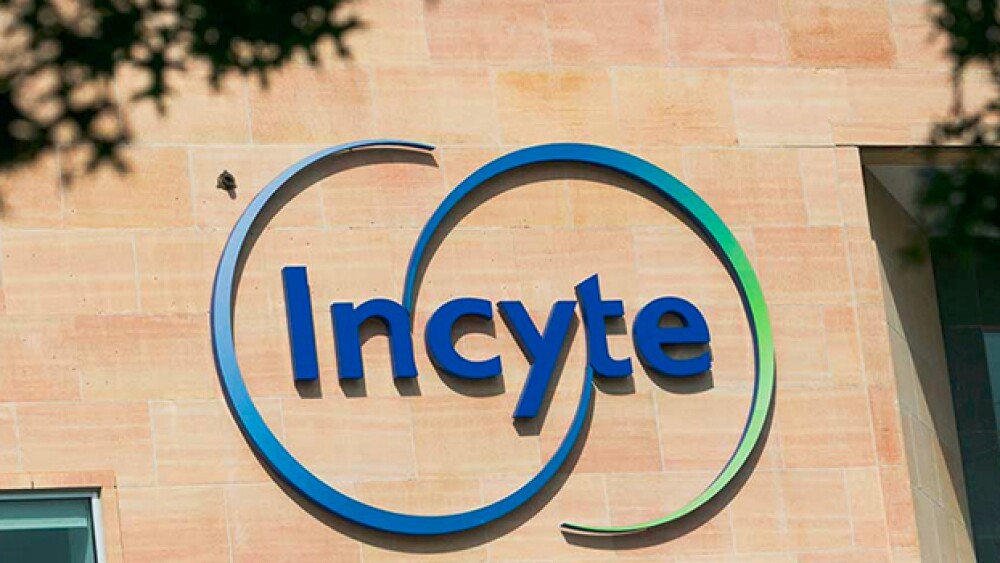Incyte has levelled charges of stealing company secrets against the founders of Flexus Biosciences over the hiring of Incyte’s former CSO who had access to Incyte’s scientific research.
Incyte has levelled charges of stealing company secrets against the founders of Flexus Biosciences over the hiring of Incyte’s former chief scientific officer who had access to Incyte’s scientific research.
In a lawsuit filed in September, Incyte claimed Flexus Chief Executive Officer Terry Rosen and research director Juan Jaen hired away Incyte’s chief scientist Jordan Fridman so Flexus could get its hands on Incyte’s Indoleamine 2,3-Dioxygenase 1 (IDO1) secrets. After Fridman left Incyte for 18-month-old Flexus, that company was then sold to Bristol-Myers Squibb for $1.25 billion. Incyte is one of the leaders in the IDO1 space and is racing against BMS to market with its treatment.
Incyte took aim at Flexus. In its lawsuit, the company claimed that Fridman was one of the few company employees who had access to the IDO1 clinical data and successful trial results. Incyte said that Fridman had signed a confidentiality agreement, but then provided Flexus with enough information so Flexus could sell that data to BMS in the 2015 deal, Courthouse News reported. Additionally, Fridman failed to notify Incyte that he was taking a position with another company focused on developing IDO1 inhibitors.
Fridman is not one of the lawsuit targets. Since the BMS acquisition of Flexus, Fridman has gone on to work for FLX BIO as the chief scientific officer, Endpoints News reported. However, he seems to have since left that role, according to reports.
In its complaint, Incyte said that its IDO1 inhibitor program made a “significant medical breakthrough with potentially far-reaching implications.” From that information, Flexus then “unlawfully used that information for their own benefit,” Incyte said in the complaint, according to the report. According to the lawsuit during Fridman’s last months with the company, he began collecting information on the IDO1-inhibitor program in order to feed it to Flexus. Courthouse News reported that some Incyte employees challenged Fridman on his collection of the data, but he issued orders to provide him with that information.
Incyte is not specifically targeting BMS in its lawsuit. Earlier this year, the two companies forged a deal to evaluate the combination of epacadostat, an investigational oral selective IDO1 enzyme inhibitor, and BMS’ Opdivo as a first-line therapy for non-small cell lung cancer across the spectrum of PD-L1 expression and first-line treatment for head and neck cancer. The two drugs will enter two Phase III trials in lung cancer and add cohorts to an ongoing Phase I/II melanoma study, the companies said.
In April, BMS presented an abstract at the American Association of Cancer Research annual meeting showing off its IDO1 inhibitor, BMS-986205. Evidence of substantial serum kyn reduction was observed in various dosed by patients taking BMS-986205. Faoud Namouni, BMS’s head of oncology development, told reporters that the company’s IDO “has the potential to be one of the most potent in the class.”
Umer Raffat, an analyst with EvercoreISI said in a note that be believes the BMS IDO1 drug could be better than Incyte’s, Endpoints News reported. In the note, Raffat said that rather than “simply preventing the enzyme’s substrate from binding,” the BMS drug product “wrecks the whole structure of the active site, forming the basis for a potentially irreversible inhibitor.”
Incyte is suing the two Flexus executives and the company for $2 billion.





